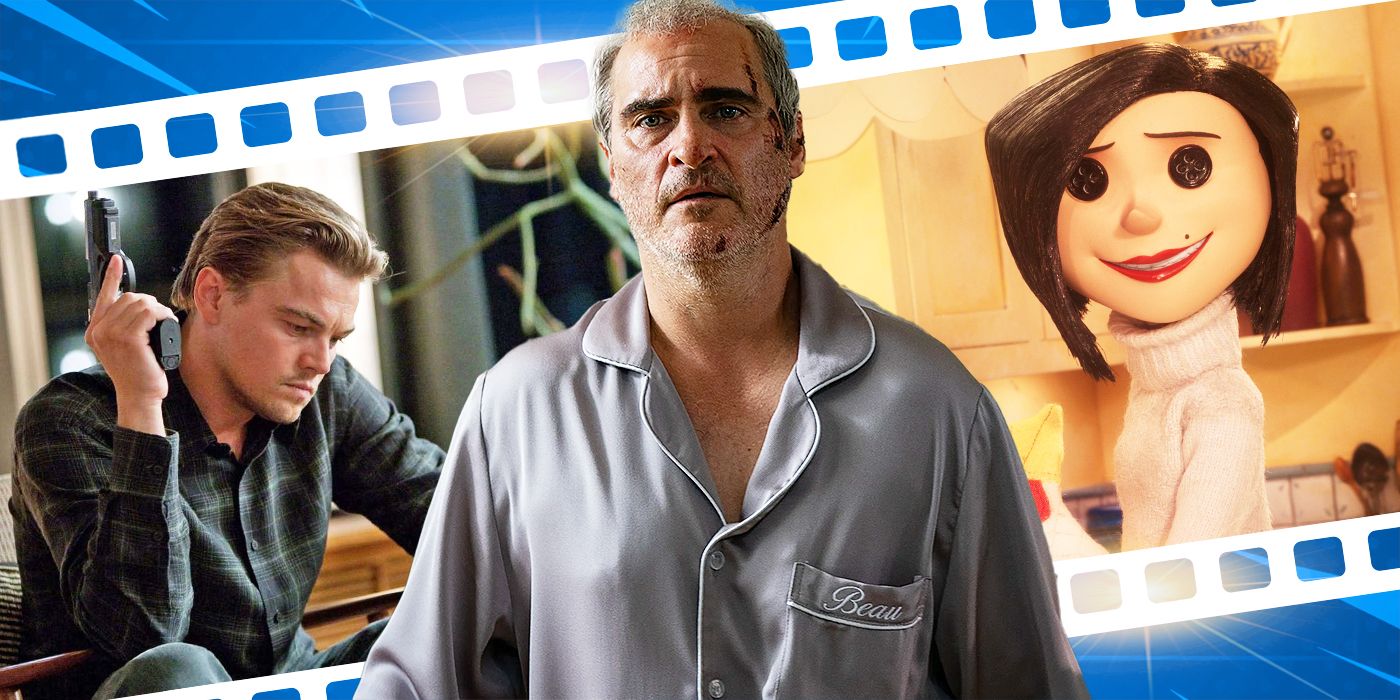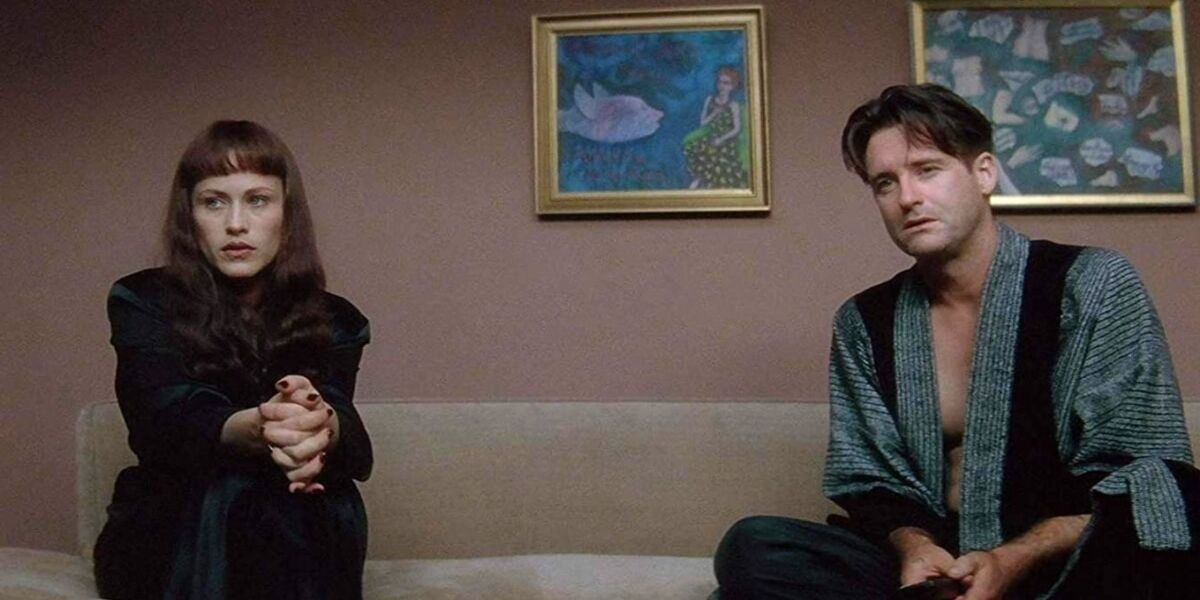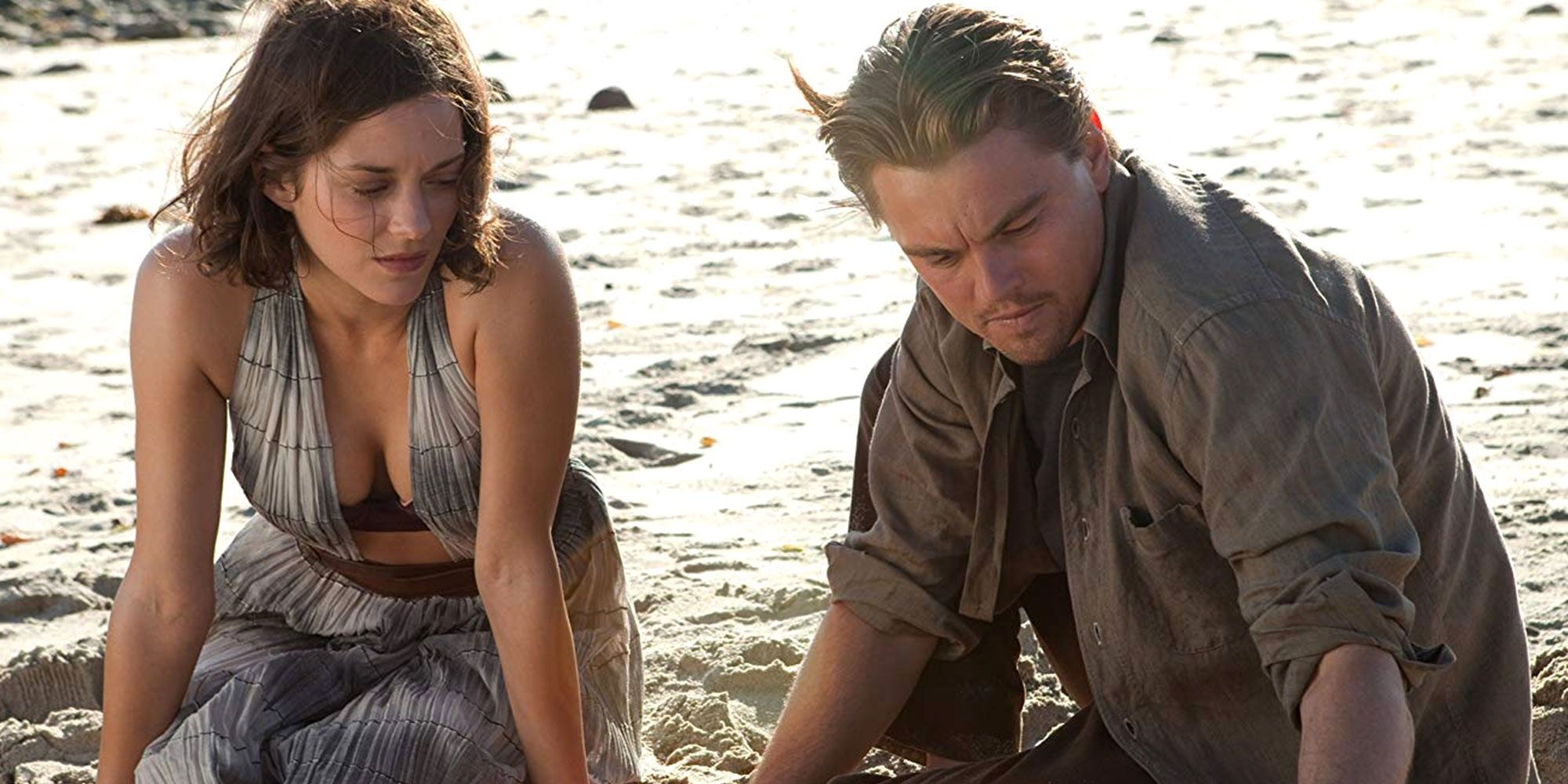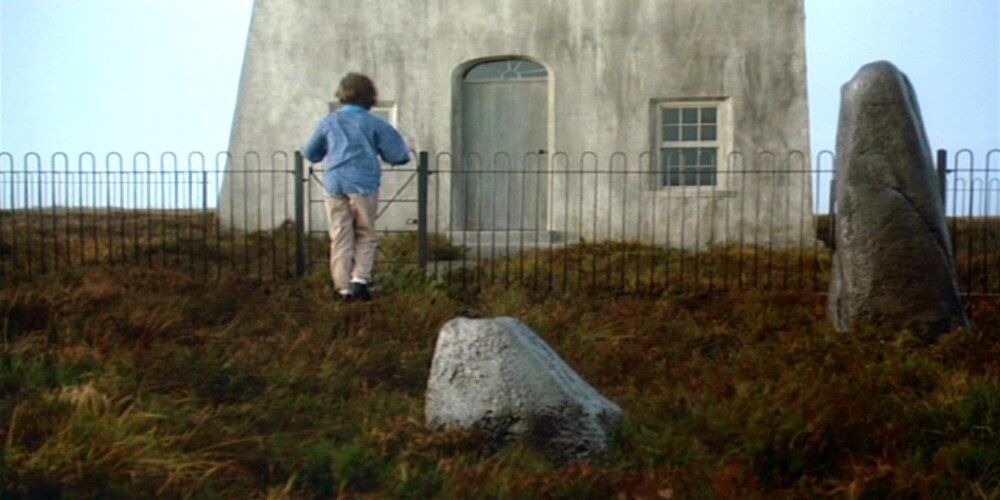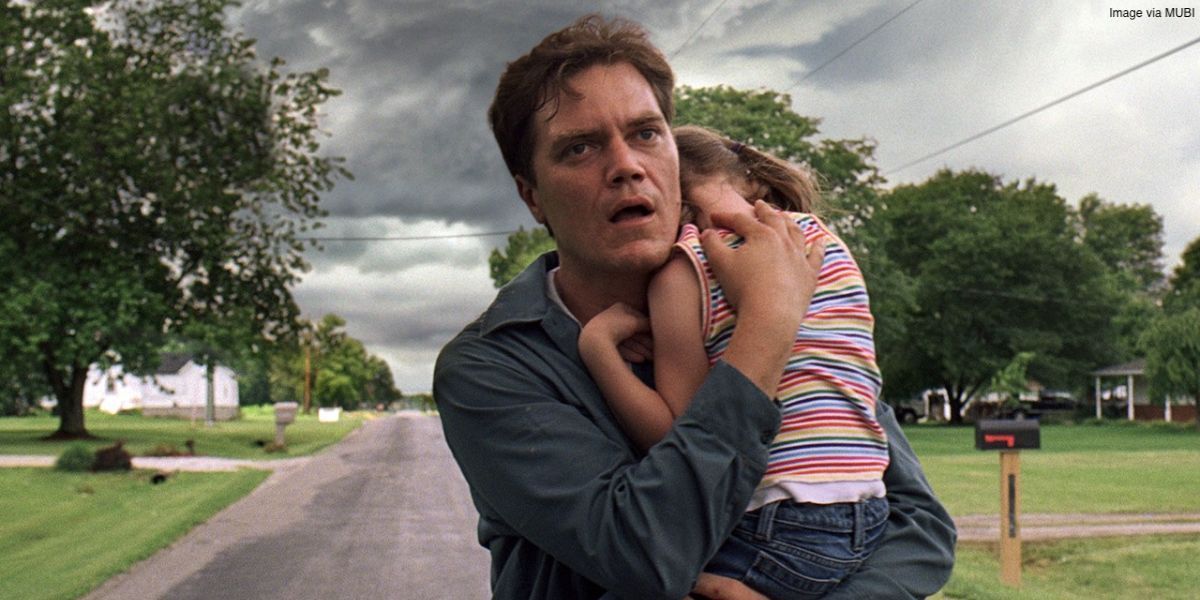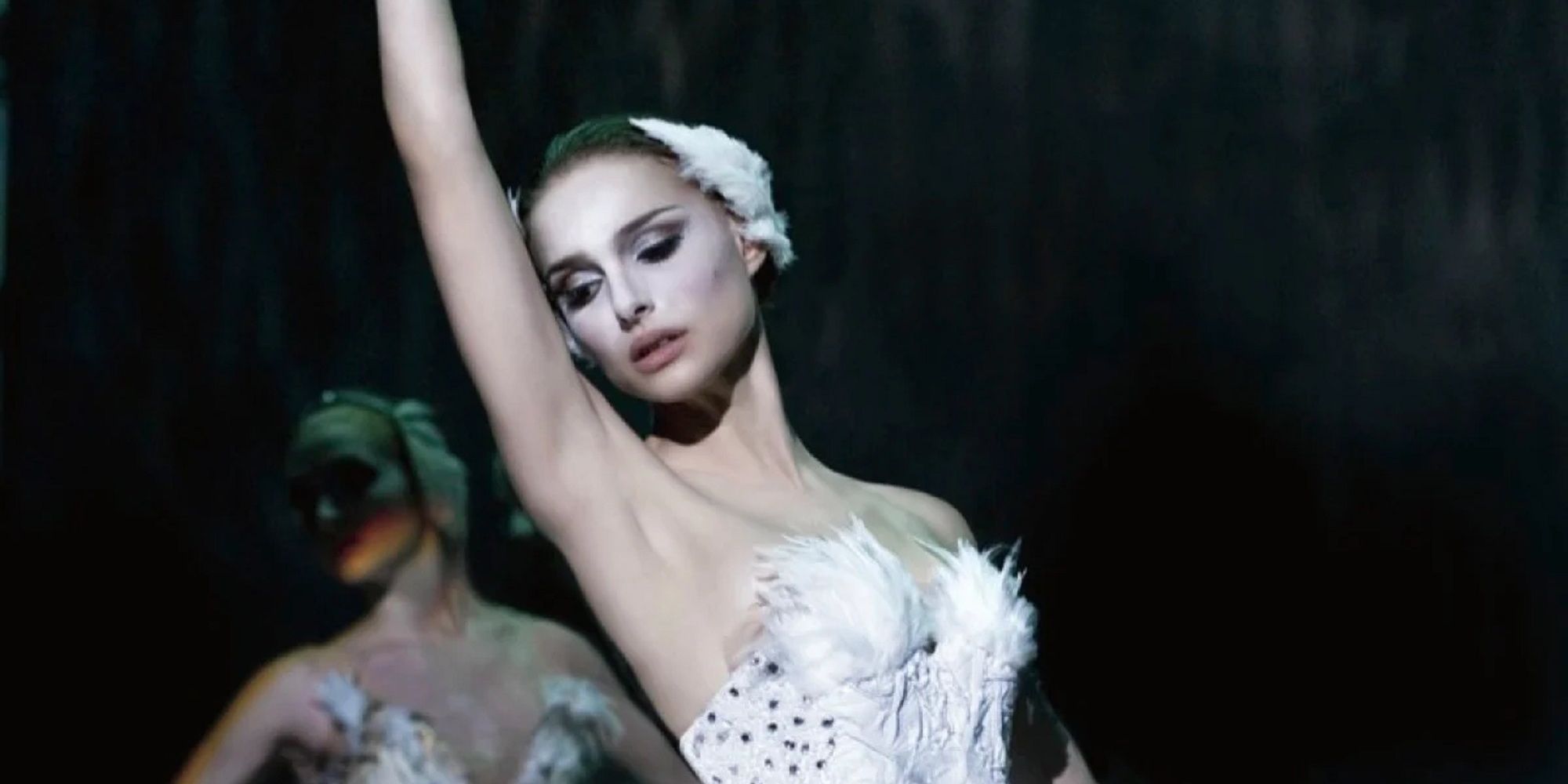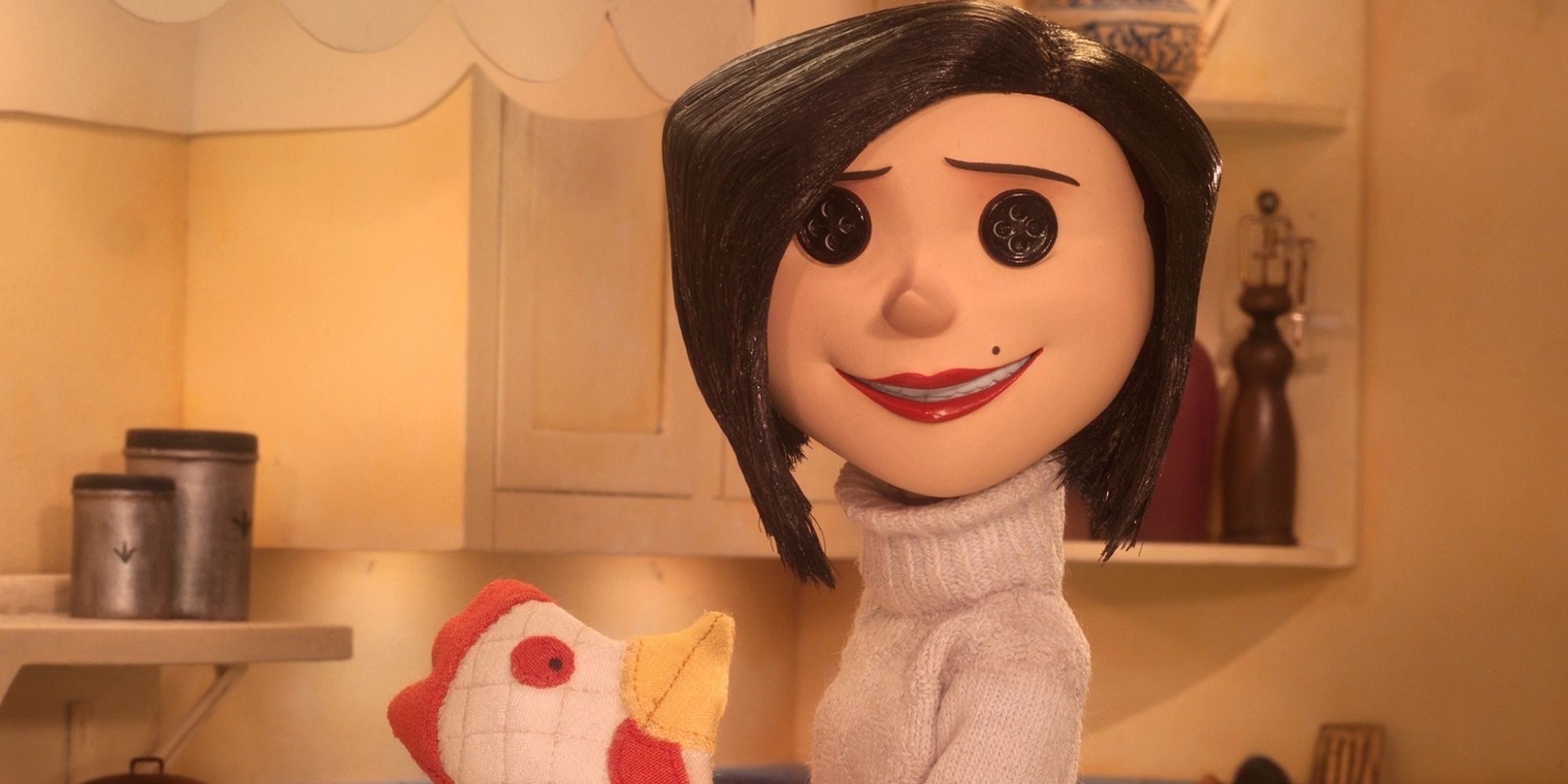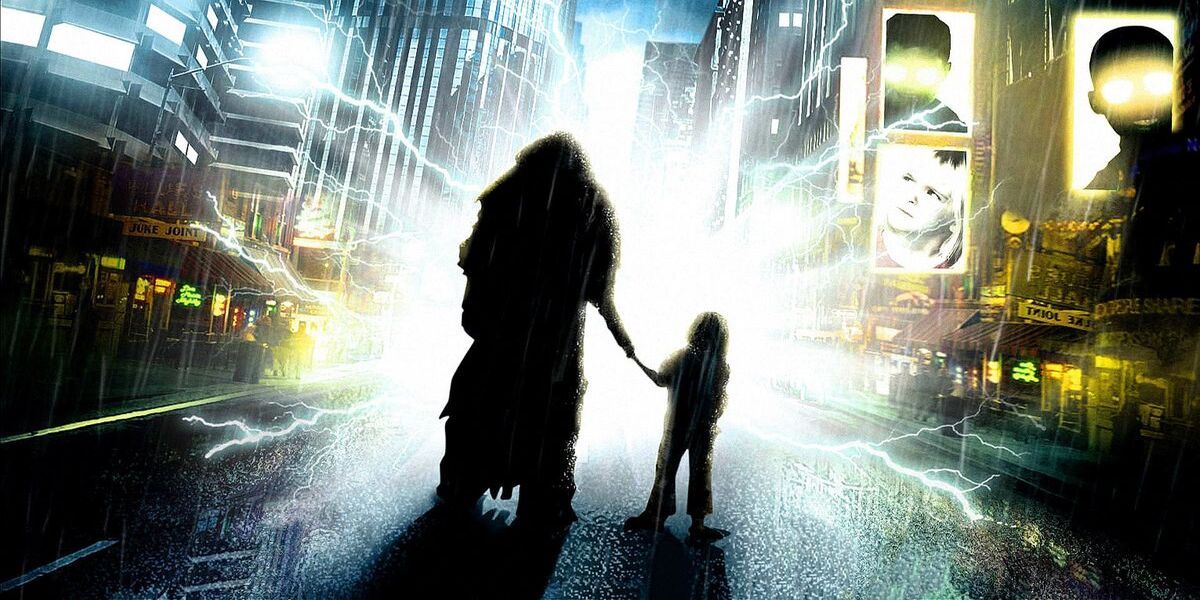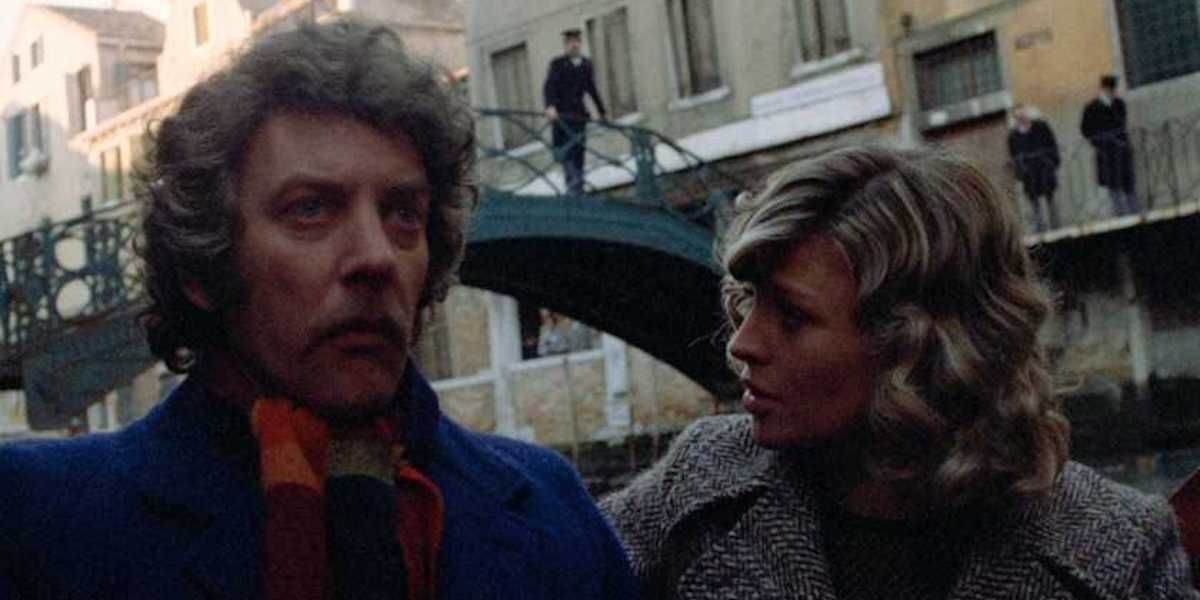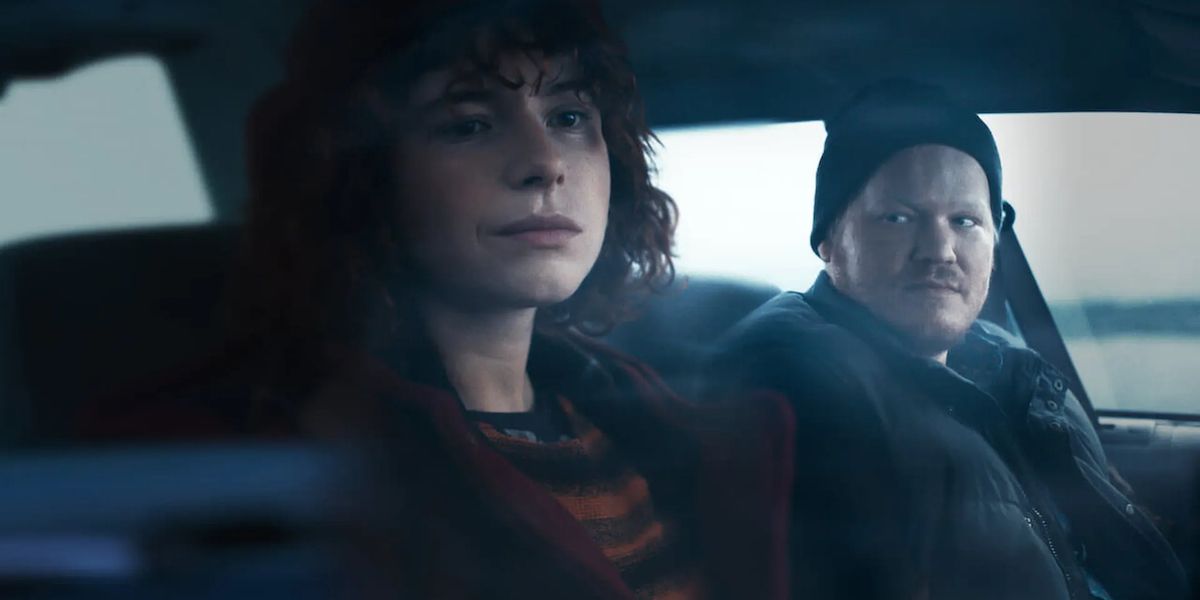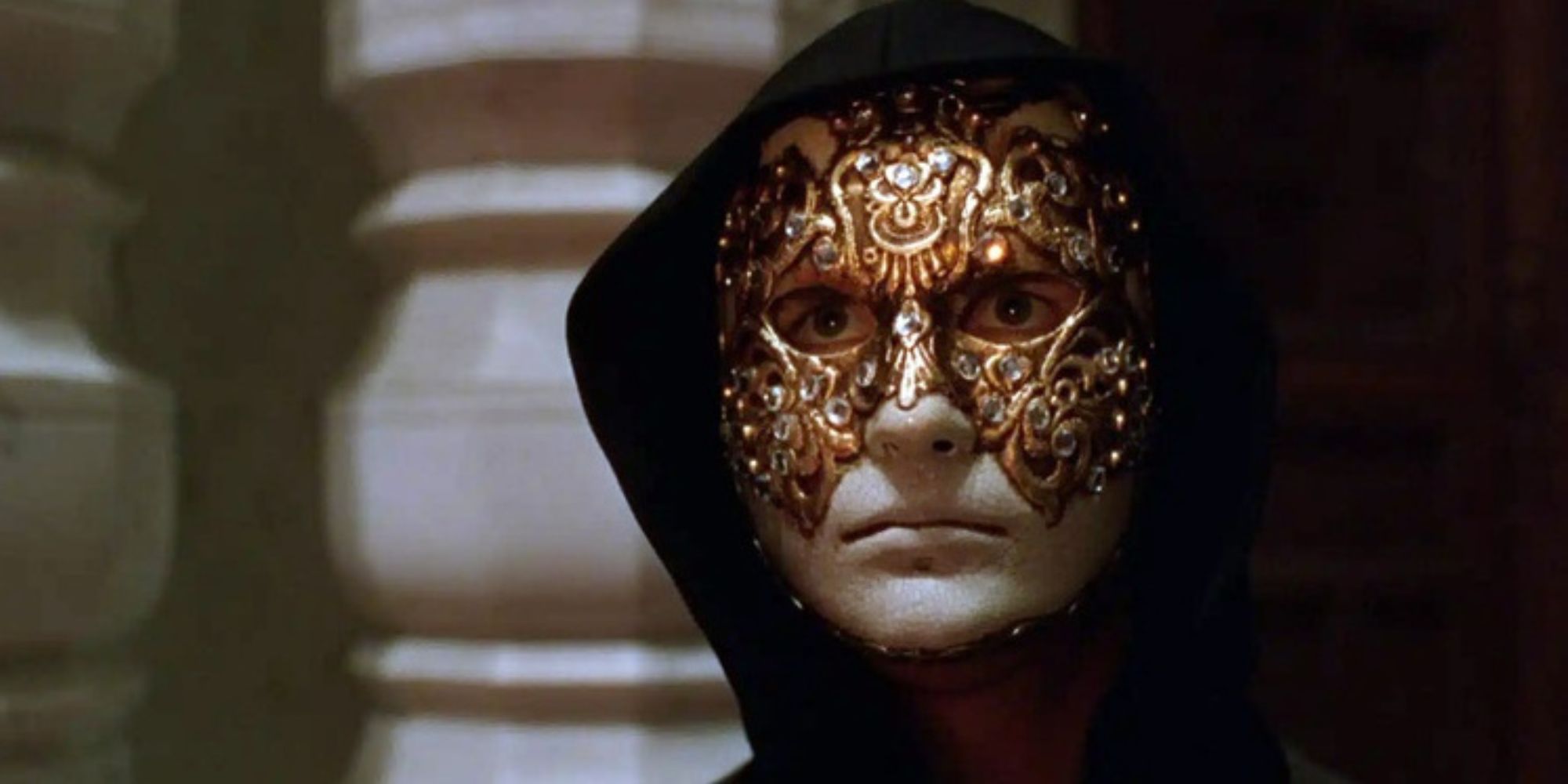Originally titled Disappointment Blvd., Ari Aster's Beau is Afraid is quickly becoming one of the most talked about and polarizing films of 2023. Described as a nightmare comedy, the movie's neurotic, quasi-absurdist heartache is all its own; however, other films have similar fantasy surrealist elements.
These movies, varying from thriller to horror to fantasy, explore the subconscious through a lens that might be redolent of Aster's epic. Delving head-first into submerged fears and desires, these films are truly dazing psychological ordeals.
10 'Lost Highway' (1997)
David Lynch's films often explore the natures of reality and the psyche, but Lost Highway might be his most explicit, yet certainly not his most legible. The film is cryptic, even by Lynch's standards, which might have contributed to it being underappreciated upon release. However, scene for scene, Lost Highway, is up there with Lynch's best work.
Much of the plot is inexplicable if comprehended through the eyes of logic. Yet, it becomes a densely rich text when considered through the optics of dreams and psychology. Littered with excellent performances, particularly by side players Robert Loggia and Robert Blake, Lost Highway is a ravishing sight and sound tour de force.
9 'Inception' (2010)
The big misconception about Inception is that, while most people think of it as a movie about dreams, it is really a movie about nightmares. Visually awe-inspiring, those who critiqued the film often cited its imaginative literalness, lacking the creative idiocrasy of a Michel Gondry or Alejandro Jodorowsky. However, that is missing the point of the movie.
While the film touches on many themes, its most interesting is on nightmares, expressed through Mal Cobb (Marion Cotillard), the protagonist's late wife. With her character, Christopher Nolan looks at our latent projection of people. She can't be controlled, showcasing our mind's power over us. Nolan is making his audience explore their deepest fears, with the elevator, one of the film's most literal metaphors, also being one of its most effective.
8 'Paperhouse' (1988)
Paperhouse is one of the most chilling looks into the fears of children. Following a young girl whose imagination in her sketchbook manifests itself in her dreams, the movie is a great idea on paper that has some brilliant moments, if not in totality. While the denouement goes sideways at the end, the film's best moments are perceptive and frightening.
It's a low-budget affair but doesn't seem second-rate, thanks to the direction of Bernard Rose, a pioneer of digital filmmaking. Based on the children's book Marianne Dreams, Paperhouse mixes the innocence and wonder of a child with a dark vision. It is a movie begging to be remade, a tragic fantasy that has some great ideas but doesn't always come together as a whole.
7 'Take Shelter' (2011)
Take Shelter doesn't seamlessly fall into any classic genre but should be classified from its mood: an unwavering tornado of impending dread. The movie feels small but is a daunting parable with some biblical weight, and served as a breakout for its director, Jeff Nichols, and stars, Michael Shannon and Jessica Chastain.
Part marital drama, part psychological horror, the film gains suspense from the lack of clarity the audience shares with its characters. Like many great films, the movie's ending has been a point of discussion. While Nichols states he has a "very strict idea" of its meaning, he stresses it is "open to interpretation."
6 'Black Swan' (2010)
Bar none, Darren Aronofsky films have a propulsion, a graphic vigor that can be equally thrilling and repelling. While The Wrestler was a more realist affair, its companion piece Black Swan is more of a delusion. Like its subject matter, the movie is a unique balance of fragile delicacy and fierce, stabbing veracity.
The movie does not have you analyze its leading swan, instead, it puts you inside her head. It's an unnerving ordeal, but its operatic storytelling and Aronofsky's virtuosic camerawork make it worth it. In addition, Natalie Portman is flawless, admirable in her viciousness and delicacy.
5 'Coraline' (2009)
Like Paperhouse, Coraline taps into the anxiety of children. It takes something, family, that is meant to be one of life's most unvarying and flips it on its head. By doing this, it creates terror by upending reality. Expertly adapted by Henry Selick from Neil Gaiman's novel, Coraline might be the most successful Gaiman adaptation to date.
One of cinema's great dark fairytales, the muted color palette and clawing score all add a grave mood to a movie adapted from a children's novel. The film both revels in its genuinely creepy atmosphere and is pleased to draw out its strong set pieces. Sublimely realized, Coraline is a deft magnification of a childhood nightmare.
4 'Ink' (2009)
Jamin Winans holds a unique place in the independent film landscape. While made on a comparatively microscopic budget, his films hold all the ambition of a Terry Gilliam or Christopher Nolan. They may not possess the same intellectual cogency as the movies of those other filmmakers, but they often make up for it with bursting imaginations and exceeding passion.
Winans first feature film to get serious traction, Ink, was made on a $250 000 budget, startling little once seen with the final product. The film, which Winans directed, wrote, produced, scored, and edited, got much of its audience from online piracy. Sentimental and incredibly ambitious, Ink is a Spielberg-esque voyage of mammoth scope.
3 'Don't Look Now' (1973)
A portrait of shattered grief, Don't Look Now, based on a story from Daphne du Maurier, makes supernatural distress alarmingly human. Nicolas Roeg's technicality is virtuosic, with innovative editing and storytelling that was associated with Roeg going back to his time as a cinematographer on the similarly structured Petulia.
The haunting imagery, continual motifs, and unsettling setting combine to make Don't Look Now feel both vivid and distant. It employs a sort of hollow sorrow, where its characters go through the motions, unable to move past their trauma. Hallucinatory visions engulf its characters, ultimately bursting their sense of reality.
2 'I'm Thinking of Ending Things' (2020)
I'm Thinking of Ending Things may be Charlie Kaufman's most dense interior work to date. Kaufman's references and metaphors have never been stronger, but the film is admittedly an arduous watch and may be too much for some. However, even Kaufman newcomers can appreciate the film's drawn-out ambiance and stellar performances.
Deeper than it initially appears, I'm Thinking of Ending Things is also more bleak. In addition, for a film that is difficult to tail, at its center, it has one staggering idea. Kaufman's scrutinies are acute throughout, but as the film goes on, they get more scathing. Its ending, once comprehended, may be its greatest gift.
1 'Eyes Wide Shut' (1999)
Eyes Wide Shut is one of the all-time best marriage movies. A passion project of Stanley Kubrick since the 1960s, the film was originally envisioned as a sex comedy. Perhaps Kubrick's original proposal would have been like a more elaborate Albert Brooks film, whose work Kubrick admired, saying about his film Modern Romance: "I've always wanted to make a movie about jealousy."
Kubrick very purposefully toys around with the movie to bewilder his protagonist and his audience. It's supposed to be New York, but it's really London. Much of the hoopla of the film's initial release revolved around its explicitly, which in truth, is very cold. However, psychologically and thematically, Eyes Wide Shut deserves to be named alongside Kubrick's other masterpieces.

